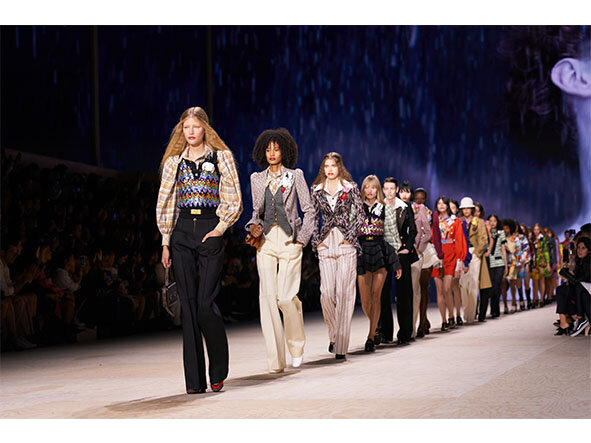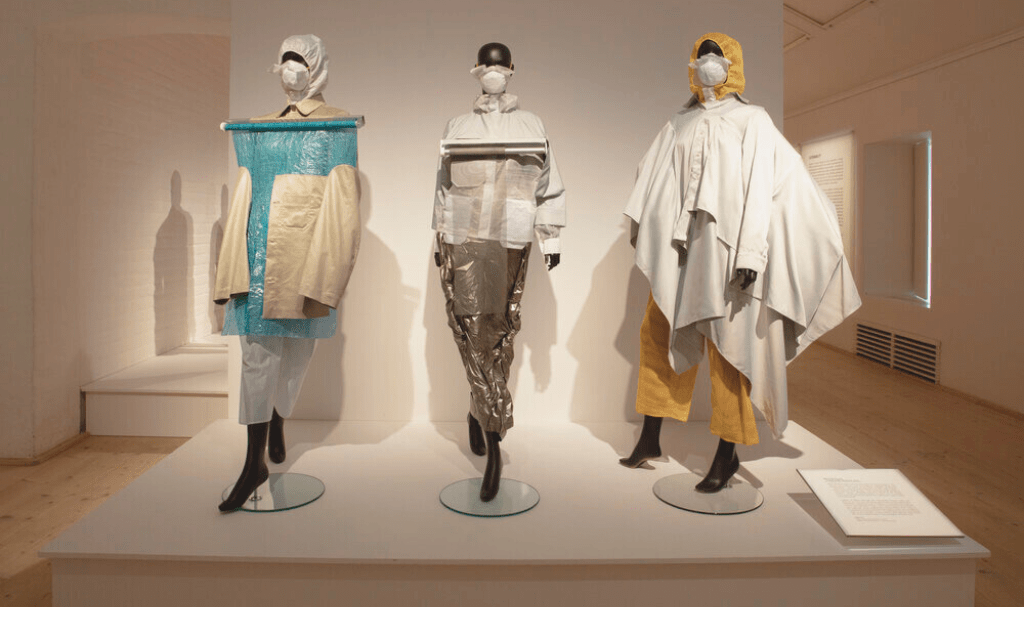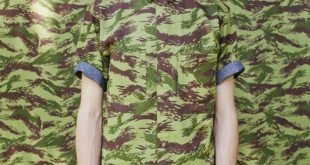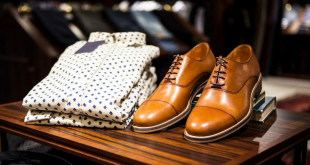The Nordic fashion industry has gained global recognition for its unique blend of functionality, minimalism, and commitment to sustainability. Rooted in the cultural and environmental values of countries like Sweden, Denmark, Norway, Finland, and Iceland, Nordic fashion is not just about style—it’s a lifestyle that reflects an ethos of practicality and ethical responsibility.

Minimalist Aesthetic Meets Functionality
At the heart of Nordic fashion lies a clean, minimalist aesthetic that emphasizes timeless designs over fleeting trends. This approach often prioritizes neutral color palettes, high-quality materials, and versatile silhouettes perfect for layering, making them ideal for the region’s harsh winters and unpredictable climates. Brands like Filippa K, COS, and Acne Studios exemplify this design philosophy, offering understated yet sophisticated clothing that appeals to a global audience.
Sustainability as a Core Value
Nordic fashion is in charge of sustainable practices. From ethical sourcing of materials to transparent supply chains, the region has set benchmarks for eco-conscious production. Many Nordic brands are pioneers gradually, advocating for reduced consumption and longer-lasting garments. For instance:
- Gudrun Sjödén focuses on organic textiles and eco-friendly dyes.
- Eileen Fisher Renew promotes recycling and repurposing old clothes.
- Ganni blends contemporary designs with a commitment to sustainability by using certified materials and offsetting carbon emissions.
This focus aligns with the broader Nordic commitment to sustainability, which is evident in government policies and public support for green initiatives.
Emerging Nordic Designers and Innovation
The region is a hotbed of emerging talent, blending traditional craftsmanship with modern techniques. Nordic designers often draw inspiration from their natural surroundings—think rugged fjords, Arctic landscapes, and serene forests—to create collections that feel both contemporary and deeply rooted in their heritage.
Startups and established players embrace cutting-edge technology, from bio-fabricated textiles to AI-driven customization, pushing the industry forward while maintaining a commitment to ethical practices.

Global Influence of Nordic Fashion
The international appeal of Nordic fashion has grown significantly in recent years, with primary fashion weeks in Copenhagen and Stockholm gaining global attention. Copenhagen Fashion Week, in particular, is renowned for its green agenda, encouraging brands to meet strict sustainability criteria to participate.
Celebrities and influencers have also helped popularize Nordic fashion, showcasing its versatility and understated elegance on global platforms.
Challenges and the Road Ahead
Despite its successes, the Nordic fashion industry faces challenges, including global competition and the complexities of scaling sustainable practices. However, the region’s innovative mindset and collaborative spirit suggest a bright future. Initiatives like the Nordic Fashion Association aim to address these challenges by fostering partnerships and promoting knowledge-sharing across the industry.
Conclusion
The Nordic fashion industry is a shining example of how style, ethics, and innovation coexist. Its commitment to minimalism and sustainability reflects the region’s values and inspires the global fashion community. As the industry continues to evolve, it will likely remain a leader in promoting conscious consumerism and redefining what it means to dress well in a modern, responsible world.
Whether you’re drawn to the timeless designs or the sustainable ethos, Nordic fashion has something meaningful to offer.
 Digital Business Trends Powering Growth With Digital Strategies.
Digital Business Trends Powering Growth With Digital Strategies. 


